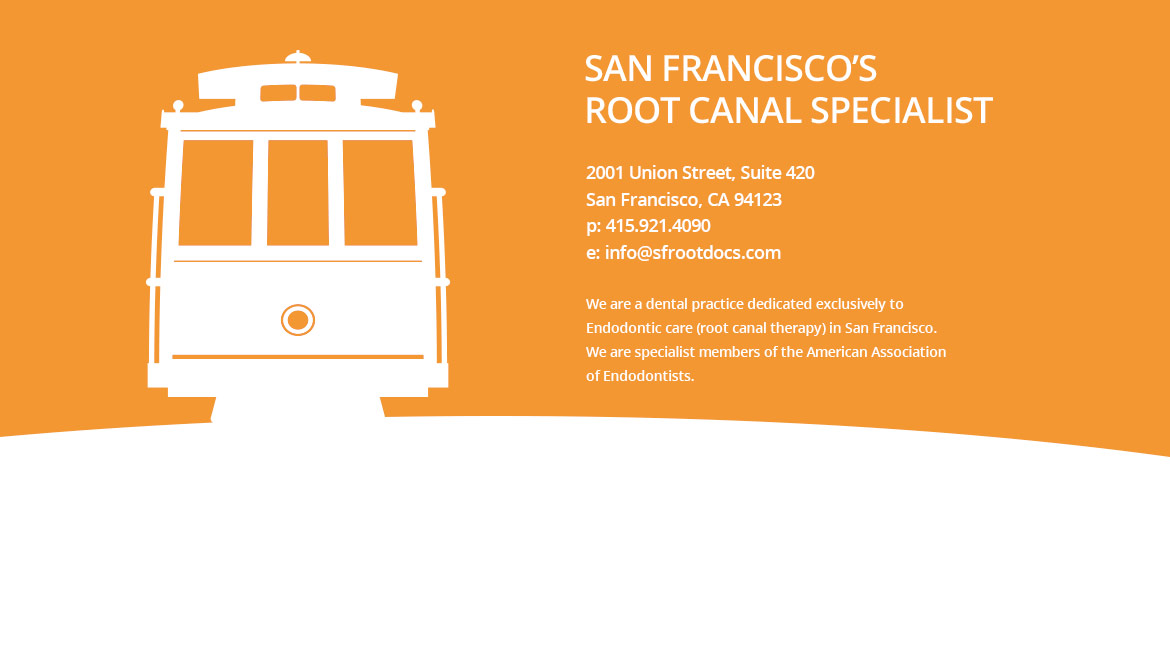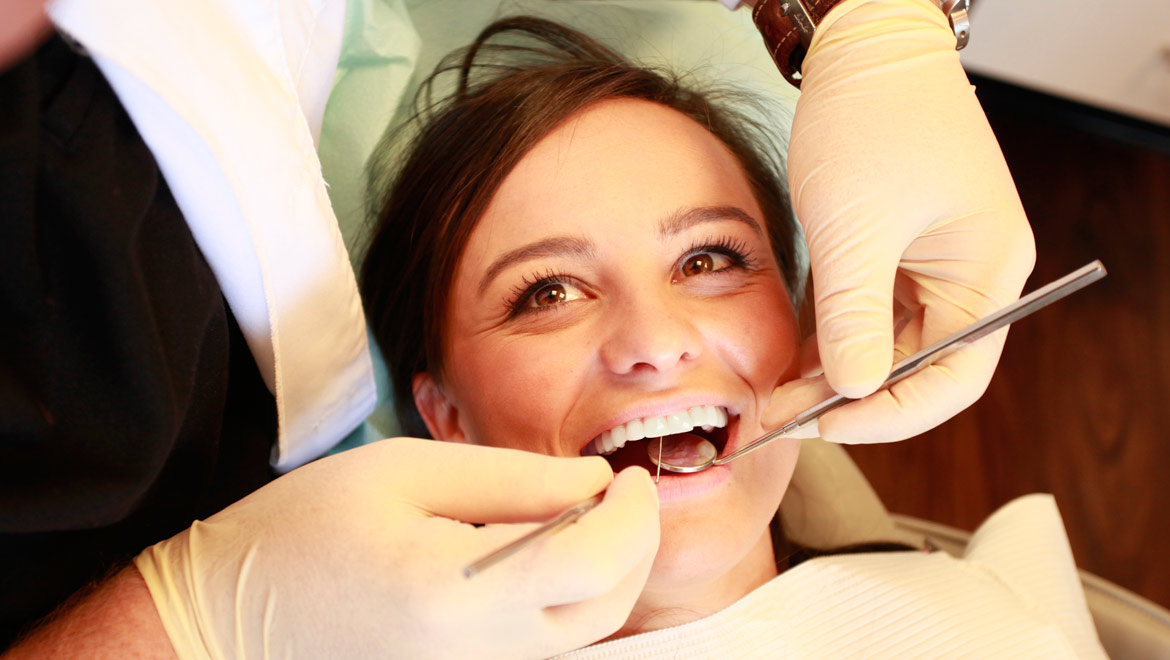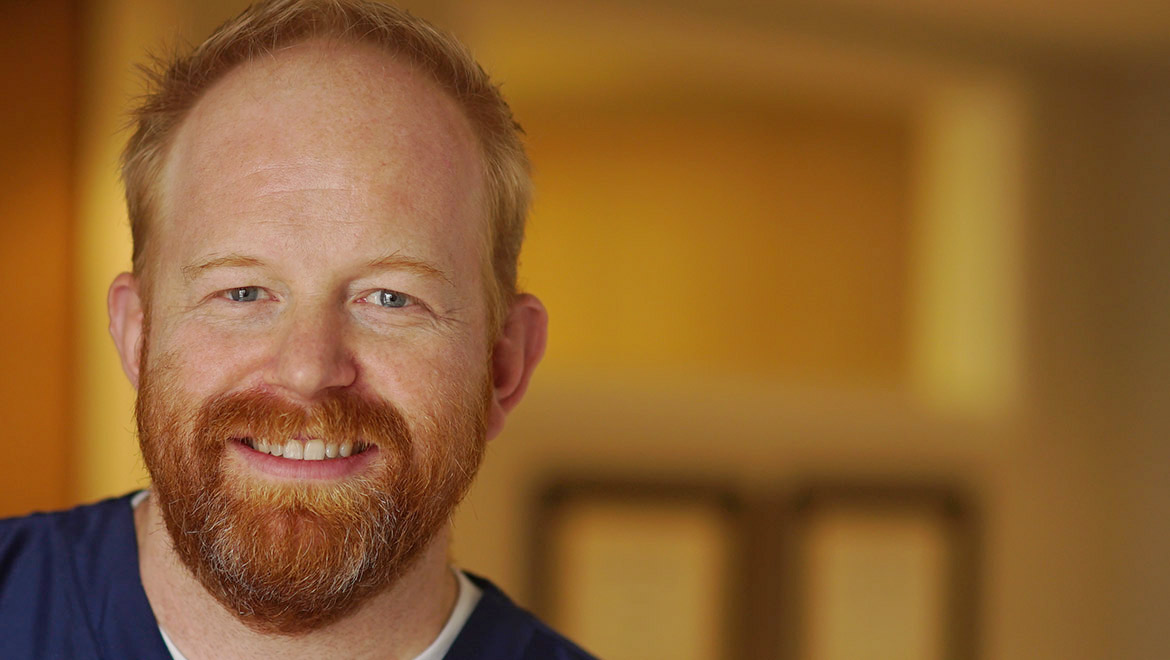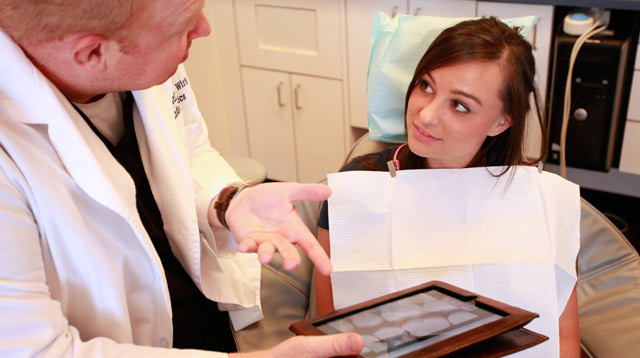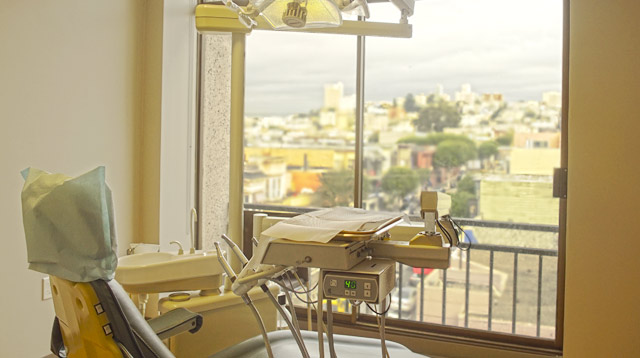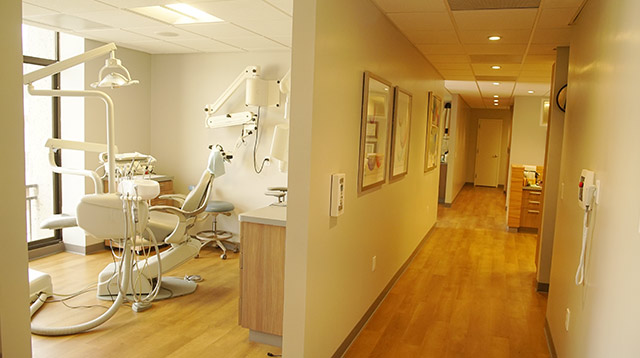Best. Doc. Ever.
Scheduling
Our office is open Monday, Tuesday, Thursday & Friday from 9 am until 5 pm. Wednesdays we are open from 9 am until 1 pm. Please call 415-921-4090 to schedule an appointment.
Financial Information/Insurance
We are committed to delivering the finest care at the most reasonable cost. For your convenience, we accept Visa, MasterCard, Discover and American Express. Payment is due at time of treatment. We are experts in insurance, and will work with you to maximize your insurance benefit for covered procedures. If you have any questions regarding your insurance and coverage, please call our office at 415-921-4090.
Before Your Appointment
When you come for your appointment, please make sure you bring:
A list of medications you are presently taking
Dental Insurance information (if you are using dental insurance)
IMPORTANT: All patients under the age of 18 years of age must be accompanied by a parent or guardian at the consultation visit.
Please alert us if you have a medical condition that may be of concern prior to treatment (diabetes, high blood pressure, artificial heart valves and joints, rheumatic fever) or if you are on any medication (heart medications, aspirin, anticoagulant therapy, etc.)
If you have any questions regarding your insurance and coverage, please call our office at 415-921-4090.
We offer many different insurance options for our patients. If you would like a list of the insurances that we accept or are in network, then EMAIL US.
I highly recommend Dr. Wirig!!! I can't say enough about him, his staff and office.
instructions
Before Endodontic Treatment
Please continue to take all medications as recommended by your physician. You do not need to stop taking medications including blood thinners (as we do not expect a lot of bleeding). If you have any questions regarding medications, please call our office prior to your appointment.
You may eat a full breakfast / lunch prior to your appointment.
If you have been advised by your physician to use antibiotic premedication because of mitral valve prolapse (MVP), heart murmur, hip, knee, cardiac or other prosthesis, or if you have rheumatic heart disease, please make sure you are on the appropriate antibiotic on the day of your appointment. Again, if you have questions, please feel free to contact our office.
After Endodontic Treatment
All procedures are performed using local anesthesia. There are usually no restrictions after the procedure concerning driving or returning to work. A doctor is available for consultation at all times should a problem arise after your treatment.
Once Endodontic treatment has been completed, the root canal system is permanently sealed. However, the outer surface is sealed with a temporary restoration. You must set up an appointment with your restorative dentist for a permanent restoration. We will send a complete report of treatment to your dentist.
Immediately after endodontic treatment your tooth is more prone to fracture. You should chew on the other side until your dentist has placed a build up and protective restoration / crown.
Home Care Instructions
Your tooth and the area surrounding it may be slightly tender for a week to ten days post treatment. This is normal and not cause for alarm. You may continue your regular dental hygiene regimen (but do not chew food on the affected side until your permanent protective restoration has been placed). If you have discomfort you may take ibuprofen, aspirin or acetaminophen as directed.
If discomfort continues and is not alleviated by the above medications, or if you develop swelling, please contact our office immediately (415) 921-4090.
If you need a root canal, he's the man.
procedures
Root Canals
A root canal treatment is one type of endodontic treatment."Endo" is the Greek word for "inside" and "odont" is Greek for "tooth."
Endodontic treatment treats the inside of the tooth.
To understand endodontic treatment, it helps to know something about the anatomy of the tooth. Inside the tooth, under the white enamel and a hard layer called the dentin, is a soft tissue called the pulp. The pulp contains blood vessels, nerves, and connective tissue and creates the surrounding hard tissues of the tooth during development.
The pulp extends from the crown of the tooth to the tip of the roots where it connects to the tissues surrounding the root. The pulp is important during a tooth's growth and development. However, once a tooth is fully mature it can survive without the pulp, because the tooth continues to be nourished by the tissues surrounding it.
Endodontic Retreatment
As occasionally happens with any dental or medical procedure, a tooth may not heal as expected after initial treatment for a variety of reasons:
Narrow or curved canals were not treated during the initial procedure.
Complicated canal anatomy went undetected in the first procedure.
The placement of the crown or other restoration was delayed following the endodontic treatment.
The restoration did not prevent salivary contamination to the inside of the tooth.
In other cases, a new problem can jeopardize a tooth that was successfully treated. For example:
New decay can expose the root canal filling material to bacteria, causing a new infection in the tooth.
A loose, cracked or broken crown or filling can expose the tooth to new infection.
A tooth sustains a fracture.
Learn MORE
Apicoectomy
An apicoectomy is a procedure in which the endodontist opens the gum tissue near the tooth to see the underlying bone and to remove any inflamed or infected tissue. The very end of the root is also removed.
learn more
Cracked Teeth
With their more sophisticated procedures, dentists are helping people keep their teeth longer. Because people are living longer and more stressful lives, they are exposing their teeth to many more years of crack-inducing habits, such as clenching, grinding, and chewing on hard objects. These habits make our teeth more susceptible to cracks.
Cracked teeth show a variety of symptoms, including erratic pain when chewing, possibly with release of biting pressure, or pain when your tooth is exposed to temperature extremes. In many cases, the pain may come and go, and your dentist may have difficulty locating which tooth is causing the discomfort.
learn more
Professional with a capital "P!"
Rich A. — San Francisco, CA
THE DOC

Dr. Dustin, you are the only
root canal dentist for me.
testimonials
LOVE IT....LOVE IT... LOVE IT.
Marjorie M. — San Pablo, CA
referrals
Referring Dentists
Please download and fill out the following form for your patients. Your help is very much appreciated.
referral form
Such a wonderful experience from start to finish with Dr. Wirig.
Jennifer B. — Mill Valley, CA
contact us
Address:
2001 Union Street, Suite 420
San Francisco, CA 94123
Phone:
415.921.4090
